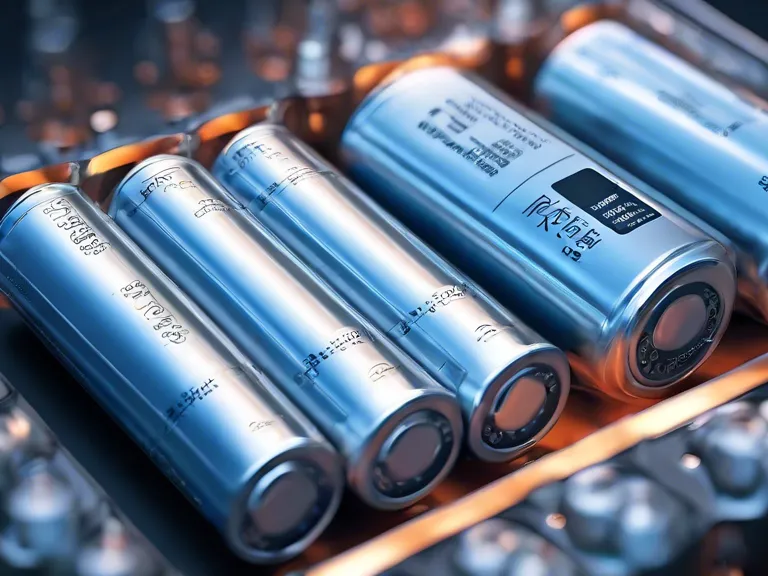
Battery technology has been a key focus in the push towards renewable energy sources. Recent breakthroughs in battery technology have paved the way for advancements in energy storage, offering promise for a more sustainable future. From increased energy density to longer lifespan, these innovations are shaping the future of energy storage.
One notable breakthrough is the development of solid-state batteries. Unlike traditional lithium-ion batteries, solid-state batteries replace liquid electrolytes with solid conductive materials. This results in enhanced safety, longer lifespan, and improved energy density. Companies like QuantumScape and Toyota have been at the forefront of solid-state battery research, with hopes of commercializing these batteries in the near future.
Another area of innovation is the use of sodium-ion batteries as a more cost-effective alternative to lithium-ion batteries. Sodium-ion batteries have the potential to store large amounts of energy at a lower cost, making them ideal for grid-scale energy storage applications. Researchers are exploring various materials and designs to optimize the performance of sodium-ion batteries for widespread adoption.
In addition to new battery chemistries, advancements in manufacturing processes are also driving progress in energy storage. Techniques such as 3D printing and roll-to-roll production have enabled faster and more efficient battery manufacturing. This not only reduces production costs but also allows for customized battery designs to meet specific energy storage needs.
The future of energy storage looks promising with these recent breakthroughs in battery technology. As researchers continue to explore new materials, designs, and manufacturing processes, we can expect to see even more efficient and sustainable energy storage solutions in the coming years.



